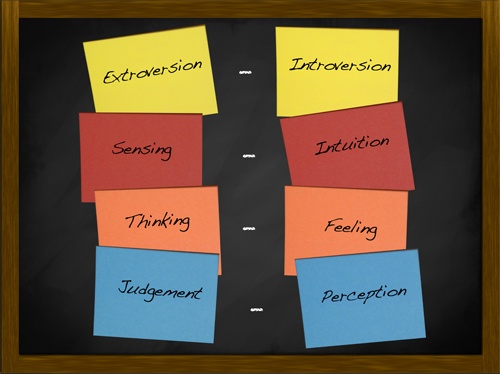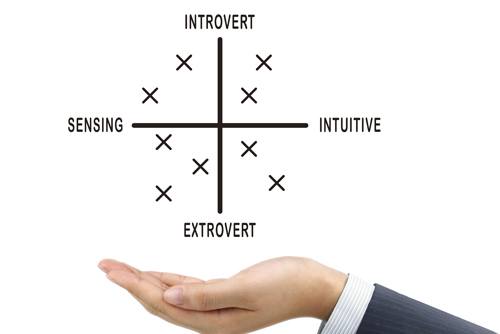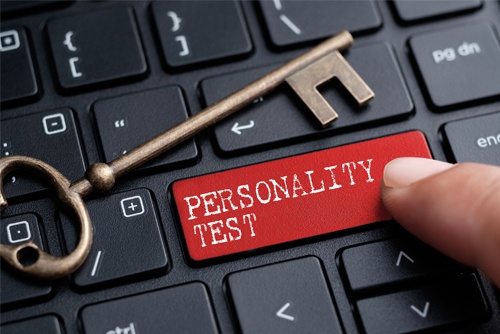Your shopping cart is currently empty.
Consultant Interviews - Psychometric Testing

Psychometric testing is increasingly used by Trusts as part of the recruitment process for consultants, though it is fair to say that it is not as yet a very common part of the consultant interview process.
What Do Psychometric Tests Consist Of?
Psychometric tests consist of a series of questions to which you need to answer by selecting one of several answers available. Questions may refer to certain traits of your personality or behaviors. They are used to find out about the candidate's personality in terms of anxiety, sociability, assertiveness, leadership skills or evidence of being extrovert or introverted. They assess the stable and enduring characteristics of the person, which distinguishes them from other people, makes them unique, but still permits a comparison between individuals.
Once you have completed the questionnaire, the results will be analysed by an occupational psychologist or other competent assessor, and may be followed up by an interview with that psychologist, specifically designed to validate the results of the test.

What Is The Point Of Psychometric Testing?

Psychometric testing can provide a strong insight into the strengths and weaknesses of particular candidates, and can sometimes be extremely accurate at extracting their true nature. They enable employers to determine whether a candidate is likely to fit both within the team and the job that is being advertised and to identify specific issues which may need to be investigated further. For example, an employer may be looking for an individual who has abilities to develop services and therefore is able to show strong leadership and work both independently and with others. A candidate's test may reveal that he/she has those abilities but that he/she can prove to be a little too driven and slightly inflexible, sometimes at the expense of their relationship with others. Confronted with such results, the Trust may wish to probe further into how that candidate handles conflicts and supports others in his/her team.
How Is Psychometric Testing Used By Employers?
Employers use psychometric testing in three main ways:
- Some do not use it for recruitment purposes but simply use the report to determine how to best involve the new recruit in the team.
- Others use the report as an additional piece of feedback to help with the final selection process.
- Others use the report to direct the questioning at the interview. In such cases, candidates may be asked different questions depending on the nature of the test's results.

Examples Of Psychometric Questions

Questions come in different formats. Here are a few examples:
Type 1 - Yes/No format
Do you agree with the following statements?
- Strict observance of the established rules is likely to prevent a good outcome. YES / NO
- Objective criticism is always useful in any activity. YES / NO
- The best decision is one that can be easily changed. YES / NO
- You often contemplate about the complexity of life. YES / NO
- You often spend time thinking about how things could be improved. YES / NO
Type 2 - Most / Least format
What do you enjoy the most?
- thinking about what is in the unknown
- doing practical things that have a tangible result
What irritates you most about other people?
- when they are dogmatic about their strong, personal beliefs
- when they keep imposing rules on other people
What gives you most satisfaction?
- challenging the status quo, to shake things up a bit
- reviewing my own experiences and knowledge
What is most comfortable for you?
- comforting other people who feel hurt or upset
- forming my own explanations of how things work
Example Of Psychometric Reports
Psychometric reports tend to be lengthy documents, looking at various aspects of personality. The following are extracts from actual reports, and will give you an idea of the type of information made available to employers.
John & Leadership
John does not see himself as a natural leader yet his solid nature and strong convictions make him a trustworthy person whom people rally round. He is a good facilitator and is generous in giving praise for a job well done, which makes people give him their best efforts and in this respect he practises good leadership skills.Psychologist's comment following validation interview: His inclusive methods make him a very good leader as he works hard to involve the whole team in any projects. Questions to enhance understanding of John include:
- Tell me about a situation where you had to show leadership at work?
- How would you describe your leadership style?
- What do you see as being the important qualities of a leader?
- How would you support a team leader?
John & Motivation
John is motivated by shared values. He wants to know that people are honourable, trustworthy and persistent. He builds his network slowly and over a long period of time. People whom he trusts he will have been dealing with for years and he is more likely to be motivated by ideas from someone in this category than any other.Psychologist's comments: John is slow to trust strangers as he will almost certainly want to identify if they share any of his values before becoming too involved with them. He is a good team player and leader. Once this exercise has been completed and he has decided that the person is someone he can work with then he will be loyal and friendly. Questions to enhance understanding of John include:
What actions do you take to ensure new colleagues are welcomed to the team? Tell us about a conflict you have had with a junior colleague How do you motivate others? How do you know that your juniors trust you?

How Can You Prepare For A Psychometric Test?
There is absolutely nothing you can do to prepare for a psychometric test and, in fact, trying to second-guess what they may be looking for could be counter-productive. For a start, different departments could be looking for different types of personalities; for example, a department wanting to recruit someone primarily for service provision may be looking for someone who is able to work hard, keep their head down and willing to accept authority. Another department of the same specialty may be of a smaller size and may be looking for someone who is capable of working independently with minimal support and able of showing strong leadership. Another department may be experiencing considerable conflicts and may be looking for someone who is conciliator more than an leader.
As such, trying to match what you regard as an ideal personality may actually lead you to fail, simply because you will not know what type of personality they are after until you actually start working with them. As such, there are no right or wrong answers, and it is key that you provide answers which are as honest as possible in order to avoid risking coming across as inconsistent. Providing fake answers will result in your prospective employer receiving a personality report which does not correspond to your real personality. This could mean either losing out on a job that would have suited you if you had answered truthfully, or getting a job for which you are not well suited.

Applying for a consultant post?
Improve your chances of succeeding in your consultant interview by attending our one-day highly interactive medical interview course
